The 2024 drought in Zambia has had a ripple effect of negative consequences that threaten the livelihoods of many throughout the nation. Read below to see personal accounts of students, guardians, and staff in Zambia on the effects of the drought on their lives.
Students
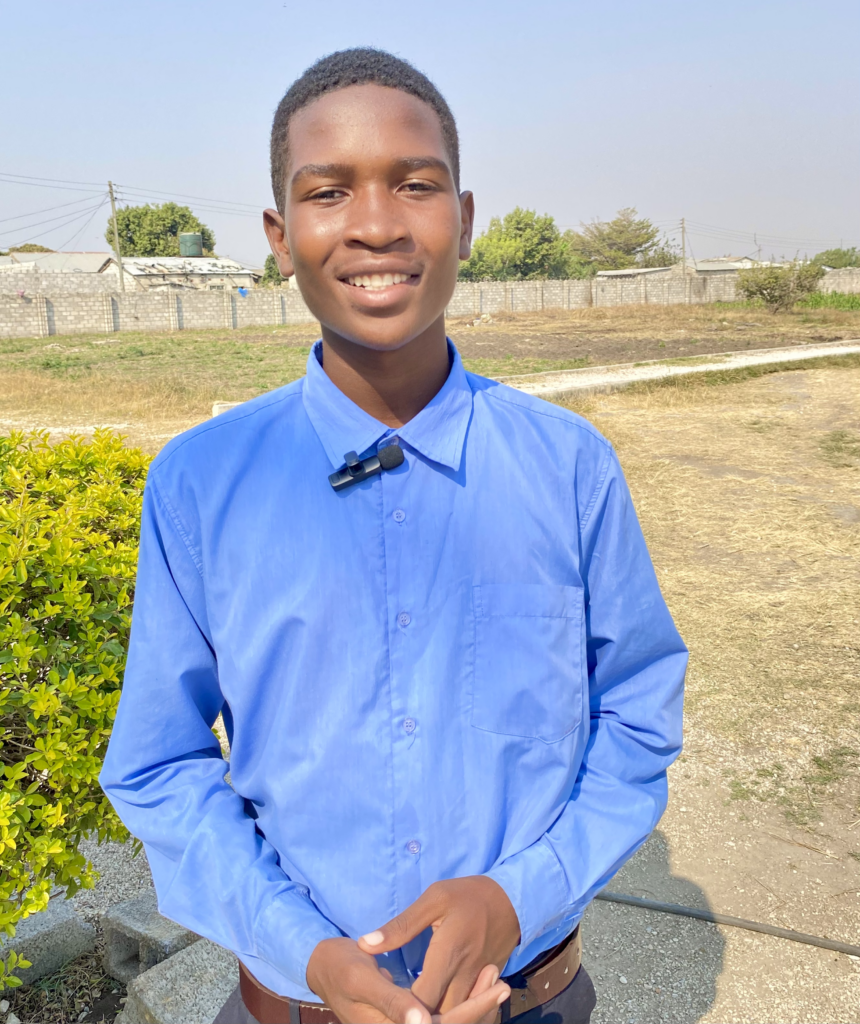
“Being a country in Africa, Zambia hugely depends on farming, but, because of the drought, the country did not record a high yield of Maize cultivation leaving the country in short food supply. A 25 kg bag of mealie meal costs around K350 which is around $13.60. The cost is high and expensive for my family as we cannot afford to buy food at such a high price… A year ago, we would eat three meals per day, but now because of the high prices of food and other commodities which keep rising, we can only eat once per day.”
Emmanuel Ngoma – Grade 9

“In school, it has been a challenge for us pupils to have our computer lessons and do computer lessons practical because of electricity power cuts. When I knock off from school, I must help my parents at home with chores, so the only time that is convenient for me to go through my books and school homework and study is during the night. But since the drought hit the country and the start of load-shedding, I have been failing to study at home. As a grade 9 pupil who soon in the next two months is expected to write the final examination to grade 10, I must prepare adequately. But I depend on the lighting system at night for me to do my studies.”
Talent Kunda – Grade 9
Guardians
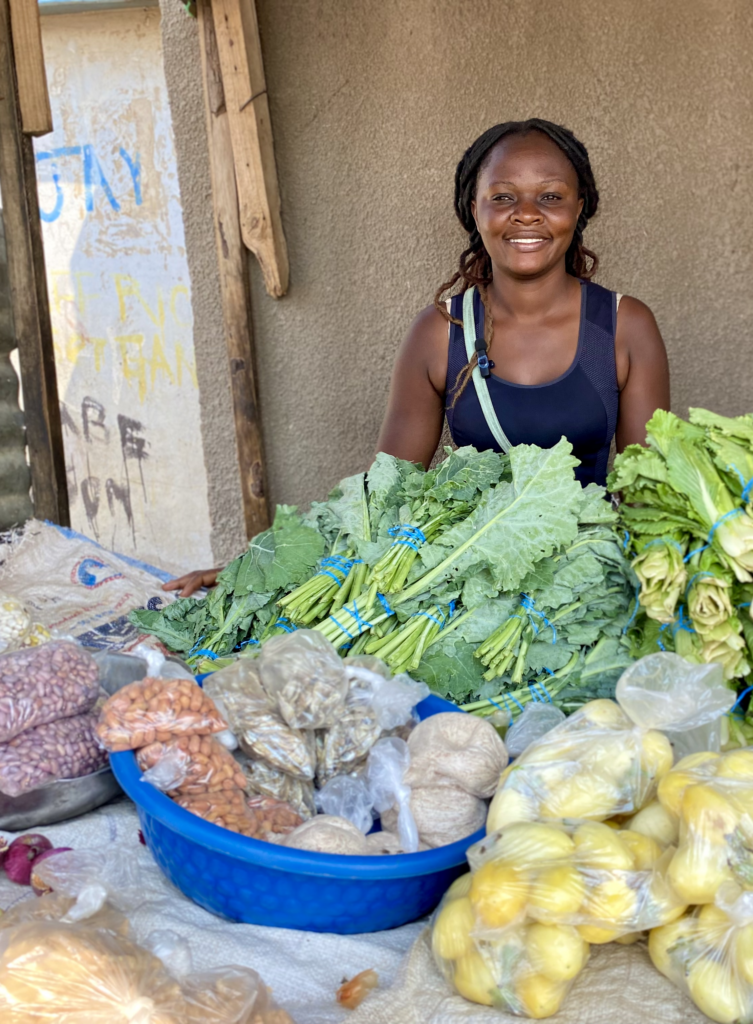
“I sell groundnuts, beans, and vegetables like tomatoes and onions. Before, I used to sell fresh food. When I bought it in bulk, I would keep it in our refrigerator, but since the load-shedding started, I no longer sell or order fresh food because people want to buy food that is [able to be stored securely]. Most commodities, including any farm produce such as vegetables, are becoming more expensive nearly every day. People do not come to buy more vegetables like they used to get in the past, hence I can only make so much to save money to buy food and pay rent… We eat once per day just to help us balance our budget, leaving some for the next day.”
Jean Chilemena – Entrepreneur, Mother to Joshua, Grade 3
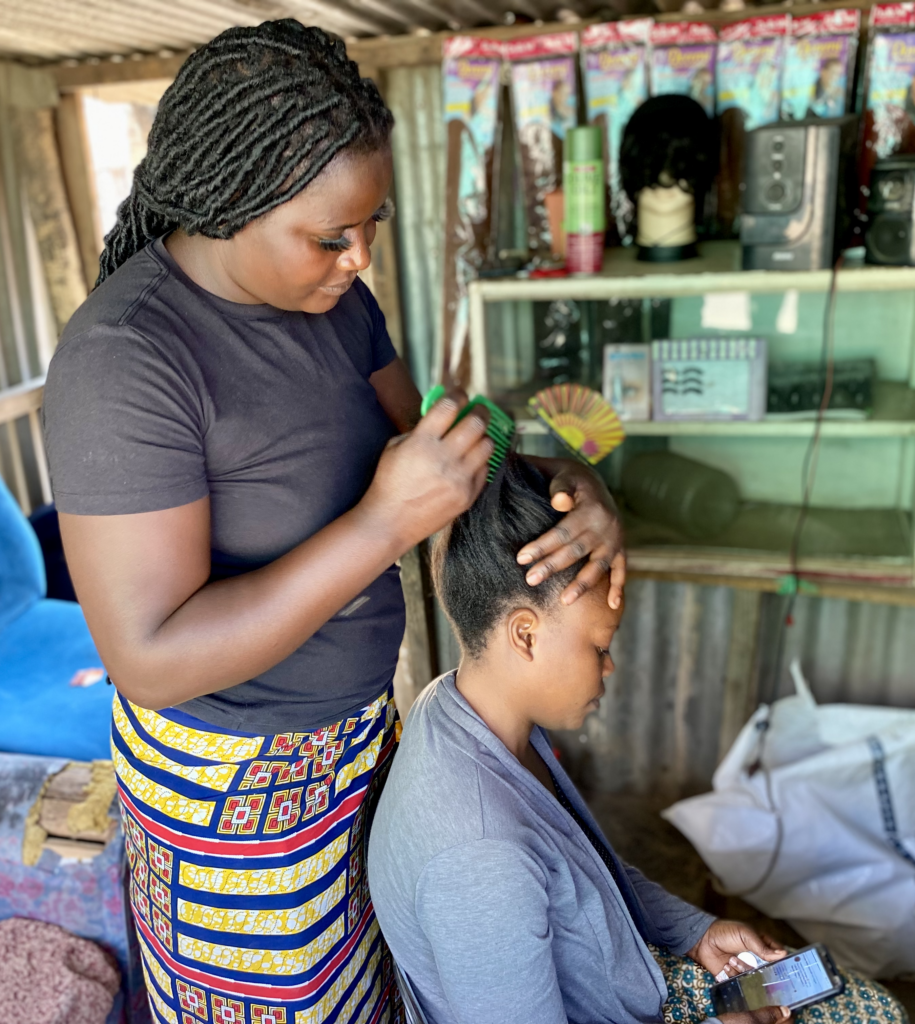
“I run a salon business, but when power cuts, electricity is not available for the whole day on most days, and my business has suffered. This affects our eating habits at home—before, we would have three meals, but now we can hardly afford three or two meals per day. We mostly eat once. Even my neighbors who run barber shops seldom operate their business because we no longer receive as many clients as we used to before. I plan to change the business type, but still, I do not make as much money as I used to before, so it is a big challenge for me to feed my children.”
Yvonne Namwiinga – Salon owner, mother of a Legacy Academy student
Staff
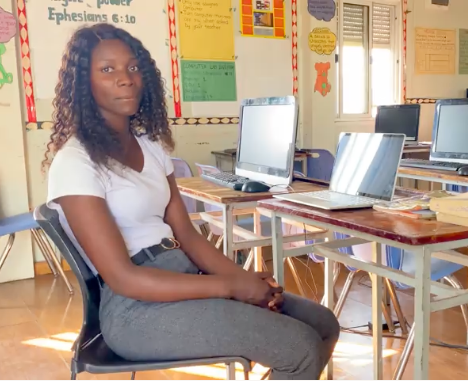
“The school internet router depends solely on power, so when power cuts, there is no access to the internet to do online activities. Computer Studies is a hands-on subject, so the part that is interesting to the learners is if they can see or do what you are teaching them in real-time practice. So, if they do not have hands-on experience, it is difficult for learners to grasp the concept and prepare adequately for their examination. I have set up goals as an employee which I have set for the year, but I am worried if I will be able to accomplish them this year because I am unable to teach the practical part, which is very important.”
Rose Chaliwanda – Teacher at Secondary Southwest Legacy Academy
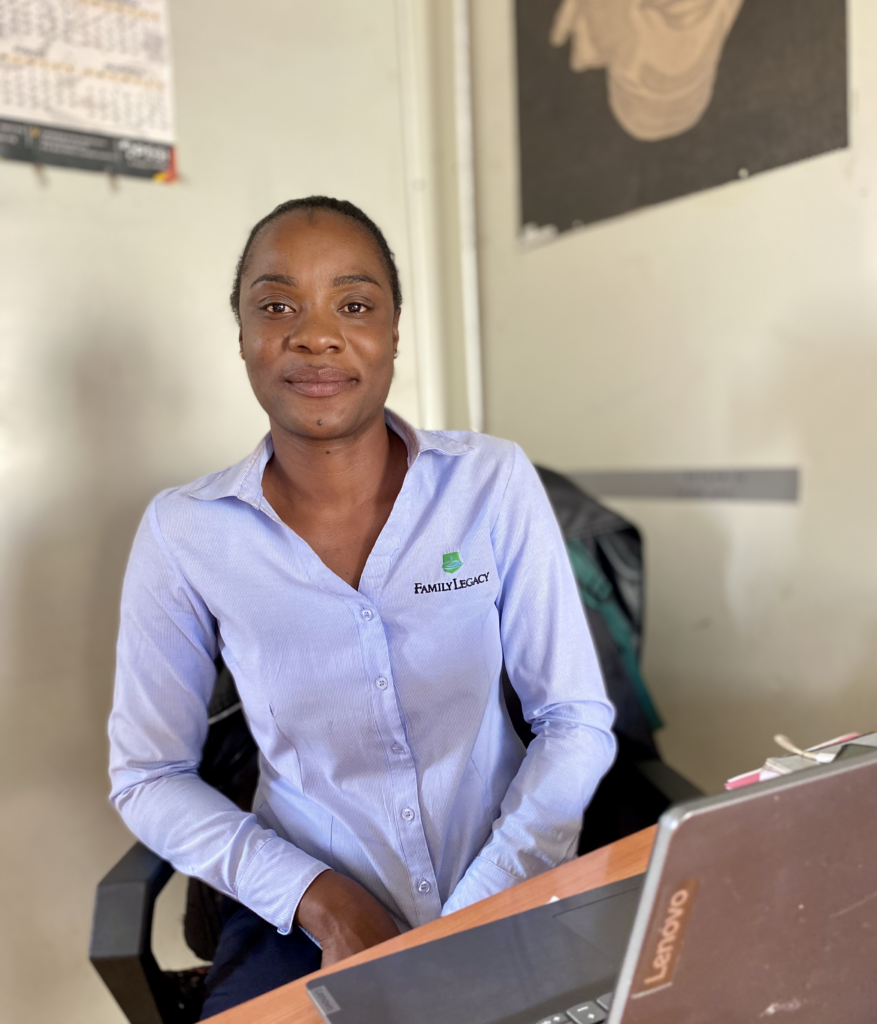
“Load-shedding and the issue of the drought have affected me and the country. I enter data I have collected from the field on all the children under my care and then make a submission at an appropriate time to meet the deadline set by the supervisor. I cannot send or access the internet because there is no power, in most cases for the whole day. This time, I make late submissions, and I must look around the community to find where there is power to charge the laptop and my phone to keep working. But there is a time factor involved this time due to inconsistent power supply.”
Esther Nyangyu – Family Legacy Social Services Staff
WANT TO HELP? → GIVE TO DROUGHT RELIEF
Every gift, no matter the size, goes a long way in helping provide resources that serve our communities and ease the added burden of drought.